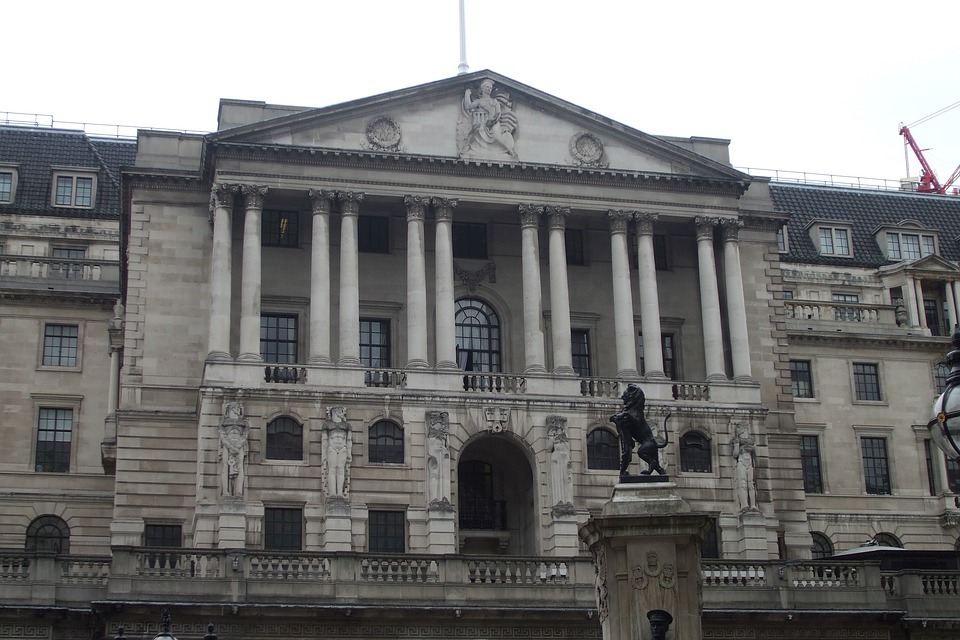In today’s Budget, the new Chancellor of the Exchequer Rishi Sunak announced that the government is investing in affordable housing, will create a simpler planning system and pledged to pay for the removal of unsafe cladding on tower blocks.
Sunak said that a further £9.5 billion has been earmarked for the Affordable Homes Programme, which will bring the total to £12.2 billion of grant funding from 2021-22 to support the creation of affordable homes across England. And local authorities have been given an interest rate cut of 1% on building of social housing.
Plus there will be £400 million for Mayoral Combined Authorities and local areas to establish housing on brownfield land across the country. The aim is to creating more homes by bringing more brownfield land into development.
The Budget also confirmed allocations from the Housing Infrastructure Fund totalling £1.1 billion for nine different areas including Manchester, South Sunderland and South Lancaster.
Another investment to help to stimulate housing and infrastructure growth across the country is an additional £328 million of housing investments in York Central, Harlow and North Warwickshire.
There will also be a new long-term Single Housing Infrastructure Fund to unlock new homes in areas of high demand across the country by funding infrastructure and assembling land for development.
Frank Pennal, CEO of Close Brothers Property Finance Division, a specialist development finance lender, commented: “This Budget is exactly what the doctor ordered for the housing market. It is hugely encouraging to see that the housing crisis has not been totally overshadowed and the government is making good on their manifesto pledge to prioritise housing supply.
“After decades of reduced investment this £12 billion extension of the affordable housing programme should act as a lightning rod to stimulate affordable housing supply.”
Dr Kristian Niemietz, head of political economy at the Institute of Economic Affairs, disagreed and said the Chancellor’s announcements on housing miss the point: “The crucial bottleneck of the housing market is land supply: we are simply not releasing enough land for housing development.
“As long as that bottleneck remains in place, pumping more money into housing construction – whether that is the announced £12 billion for affordable homes, the 1% interest rate cut for loans to build social housing, or the £400m for building on brownfield sites – will simply push up land prices even further. It will therefore ultimately make little difference to housing affordability.
“If the government had the courage to sort out the above-mentioned supply-side bottleneck (on which the Chancellor had virtually nothing to say), it could quite easily improve housing affordability across the board, while saving taxpayers’ money in the process.”
Planning system
The most significant barrier to building more houses is land availability, which is constrained by the planning system. Tomorrow, the Secretary of State for Housing, Communities and Local Government will set out comprehensive reforms to bring the planning system and a Planning White Paper will be published in the spring.
These reforms aim to create a simpler planning system and improve the capacity, capability and performance of local planning authorities (LPAs) to accelerate the development process. If LPAs do not meet their local housing need, the government says there will be firm consequences, including a stricter approach taken to the release of land for development and greater government intervention.
Cladding
The government will also invest an additional £1 billion to remove unsafe cladding from residential buildings above 18 metres, such as the ACM material that was used on Grenfell Tower.
Richard Silva, executive director at one of the UK’s largest professional freeholders, Long Harbour, said this is a huge victory for residents and the industry.
He commented: “It follows an open letter sent to the Chancellor last month, from cladding campaigners, residents, property managers and the UK’s largest freeholders, calling on the government to step in following failures in the building safety regime that dates back decades.
“We are delighted that the Chancellor has listened to the calls from residents and building owners and has expanded the cladding remediation fund, whilst recognising that neither leaseholders nor building owners should have to bear the cost of regulatory failure in the construction industry.
“Freeholders and managing agents have been working hard to fix these buildings as quickly as possible but central funding is essential for the acceleration of this process. We look forward to working with government to make these buildings safe as quickly as possible.”
Stamp duty for non-UK residents
The government will introduce a 2% stamp duty surcharge on non-UK residents buying residential property in England and Northern Ireland from 1 April 2021. The government says this will help to control house price inflation and to support UK residents to get onto and move up the housing ladder.
The money raised from the surcharge will be used to help address rough sleeping and the government will provide £643 million for accommodation and support services to help people off the streets in England.
Rachael Griffin, tax and financial planning expert at Quilter, commented: “As promised during the Tory campaign, a stamp duty surcharge for non-UK resident buyers has been brought in during the 2020 budget. However, Sunak has not quite gone as far at the Tory manifesto pledge and has opted for a 2% rather than 3% charge.
“This represents a crowd pleasing policy which will win over people worried that foreign house buyers are hoovering up UK property as an investment, only to leave it empty, which further exacerbates the housing crisis gripping the nation.
“While this surcharge introduction is welcomed, increasing the UK’s housing stock will have a more important impact for domestic buyers. Planning reforms, set to be announced tomorrow, may reveal additional new measures which aim to stimulate the construction of more housing.”
Richard Donnell, director of research & insight at Zoopla, commented: “The additional 2% stamp duty surcharge for non-UK resident buyers represents the latest in a long series of tax reforms, and may have a short-term impact on demand in higher value markets once it is introduced.
“For those who are looking at a longer-term hold, the additional upfront purchase cost will diminish in significance over time.
“In the interim, however, there will likely be some increased activity among non-UK residents looking to purchase before the new rules come into force.
“Dollar-denominated buyers may find that the additional cost is partly offset by currency movements, with an effective discount of more than 20% for those buying UK property now compared to the summer of 2014 – purely due to movements in the pound.
Disappointment at lack of stamp duty reform for UK residents
Calls for changes to stamp duty went unheard in this Budget and Richard Donnell said that stamp duty has become a southern tax.
He explained: “With SDLT lining the Treasury’s coffers to the tune of £8.3 billion as of March 2019, up from £2.7 billion ten years’ ago, it was always unlikely that the Chancellor would consider a significant stamp duty reform – particularly without an alternative source of revenue.
“Stamp duty has become a southern tax, and is widely regarded as one of the biggest inhibitors to market liquidity in London and the South East – from which 61% of SDLT receipts are generated.
“In keeping the tax bands unchanged and not in line with price inflation, 2.7 million homes have been pushed into the 5% band since 2015.”
By Joanne Atkin
Source: Mortgage Finance Gazette





